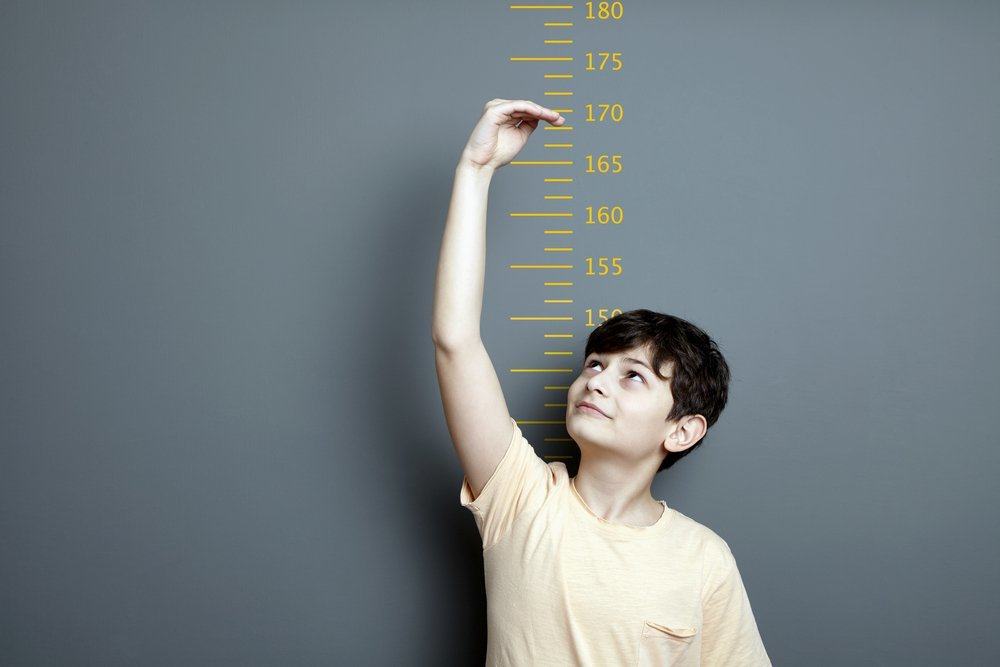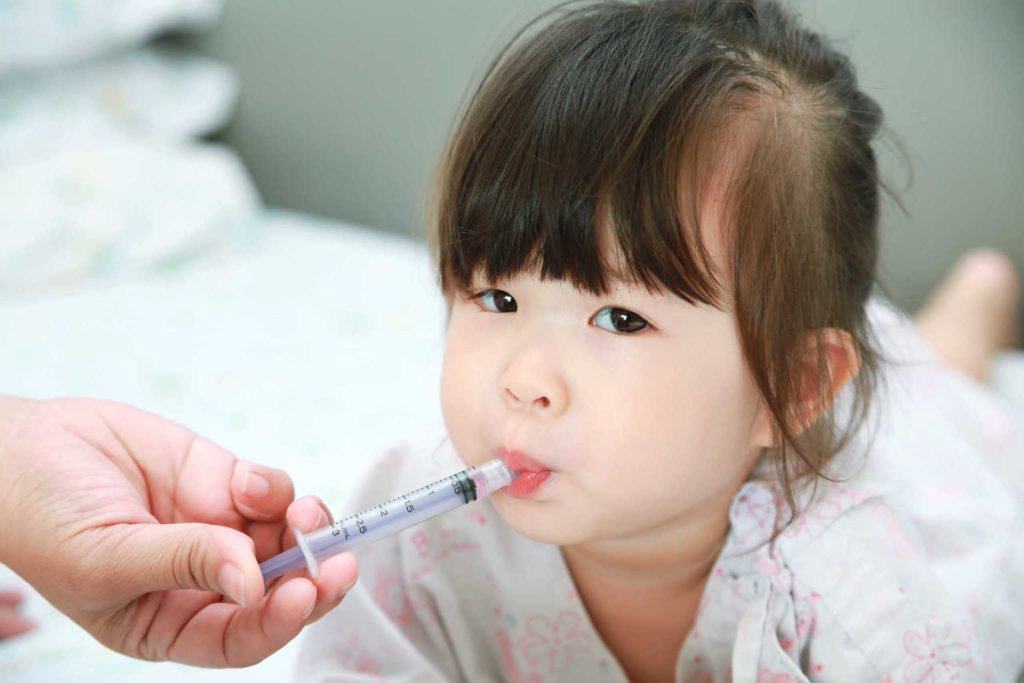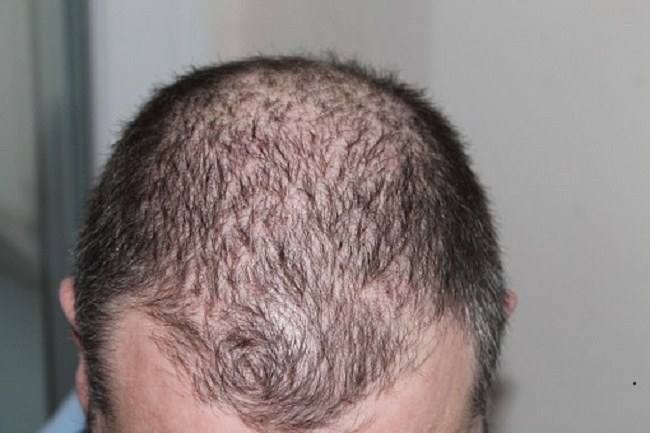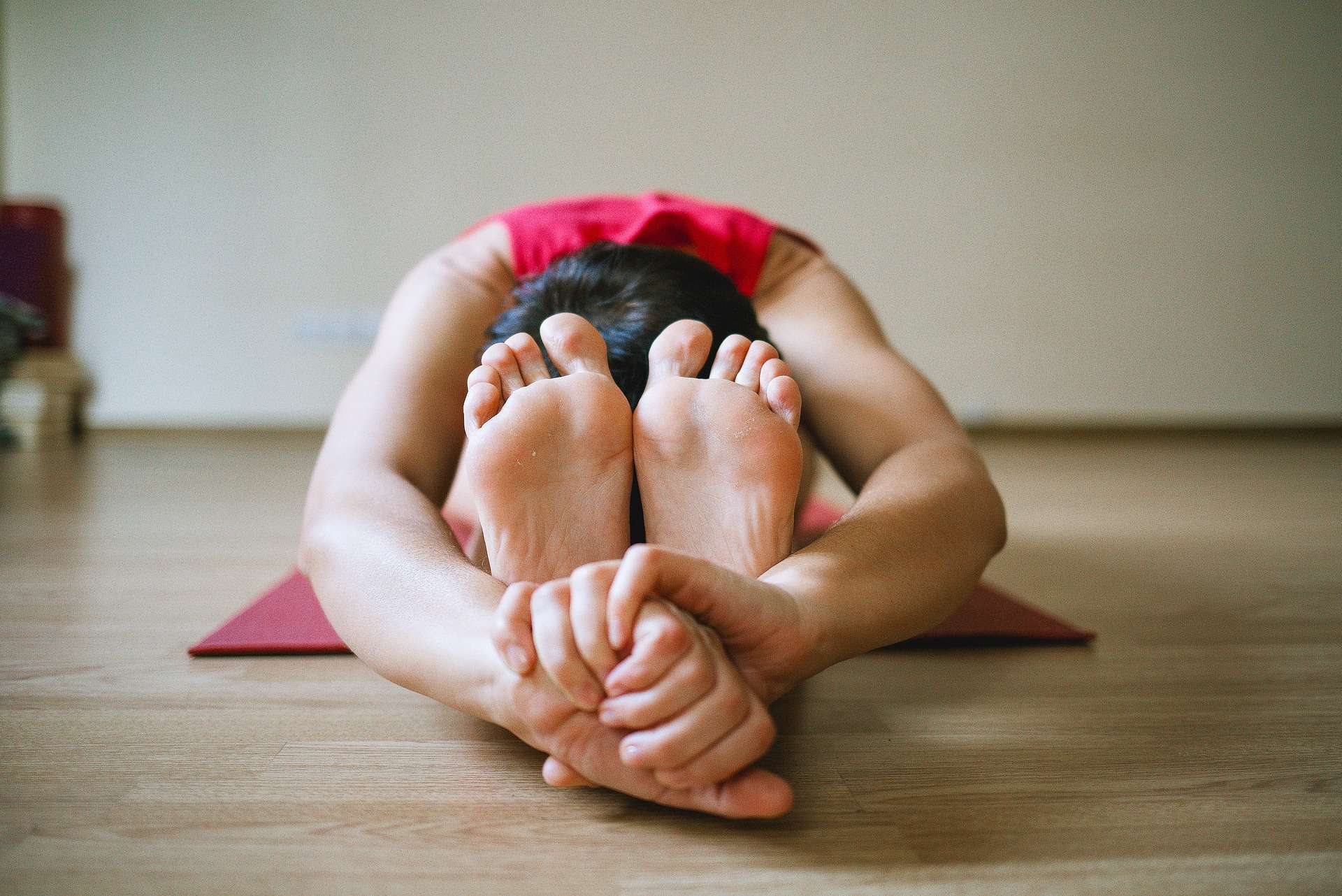Contents:
Medical Video: The Polio Story - The Vaccine That Changed the World
1. Definition
What is polio?
Polio is a fatal infectious disease and can cause paralysis. There is no antidote yet, but a safe and effective vaccine can help overcome polio. Therefore, the most effective strategy for eradicating polio is prevention by giving vaccine immunization to every child to stop the spread of the virus in bulk. The more people vaccinated, the less chance the virus can spread.
What are the signs and symptoms?
Most people who contract the polio virus (around 72 to 100) will not show any signs and symptoms.
1 in 4 people infected will show common flu-like signs and symptoms, which include:
- Sore throat
- Fever
- Tired
- Nausea
- Headache
- Stomach ache
These signs and symptoms usually last 2-5 days and disappear by themselves.
2. How to overcome them
What should I do?
Call your doctor immediately if you think you have contracted polio.
When do I have to see a doctor?
Call your doctor immediately if you think you have contracted polio.
3. Prevention
The polio vaccine will protect your child by preparing their immune system to fight the virus. Almost all children (99 out of 100) who get the vaccine will be protected from polio. There are two types of polio prevention vaccines: inactivated poliovirus vaccine (IPV) and oral poliovirus vaccine (OPV).
As a polio protective vaccine, IPV is given in injection of the arm or leg, and dosing will be based on the age of the recipient of the vaccine. Provision of polio vaccines can be accompanied by other vaccine immunizations. Most people receive polio vaccines in childhood. Young children will get 4 doses of IPV in the following period: age 2 months, 2 months, 6-18 months, and the next dose when the child is 4-6 years old.
Some people are not allowed or required to wait for an IPV.
Those who cannot get an IPV are:
- People with deadly allergies to the composition of supporting IPV, including antibiotics neomycin, streptomycin, or polymyxin B. Tell your doctor if you have severe allergies.
- People who show severe allergic reactions to the polio vaccine are not recommended to receive the next polio vaccine
Those who are required to wait:
- People who have mild to moderate allergies near the time of vaccination must wait until the allergic reaction completely disappears before receiving the vaccine
- Ask your doctor about more information











